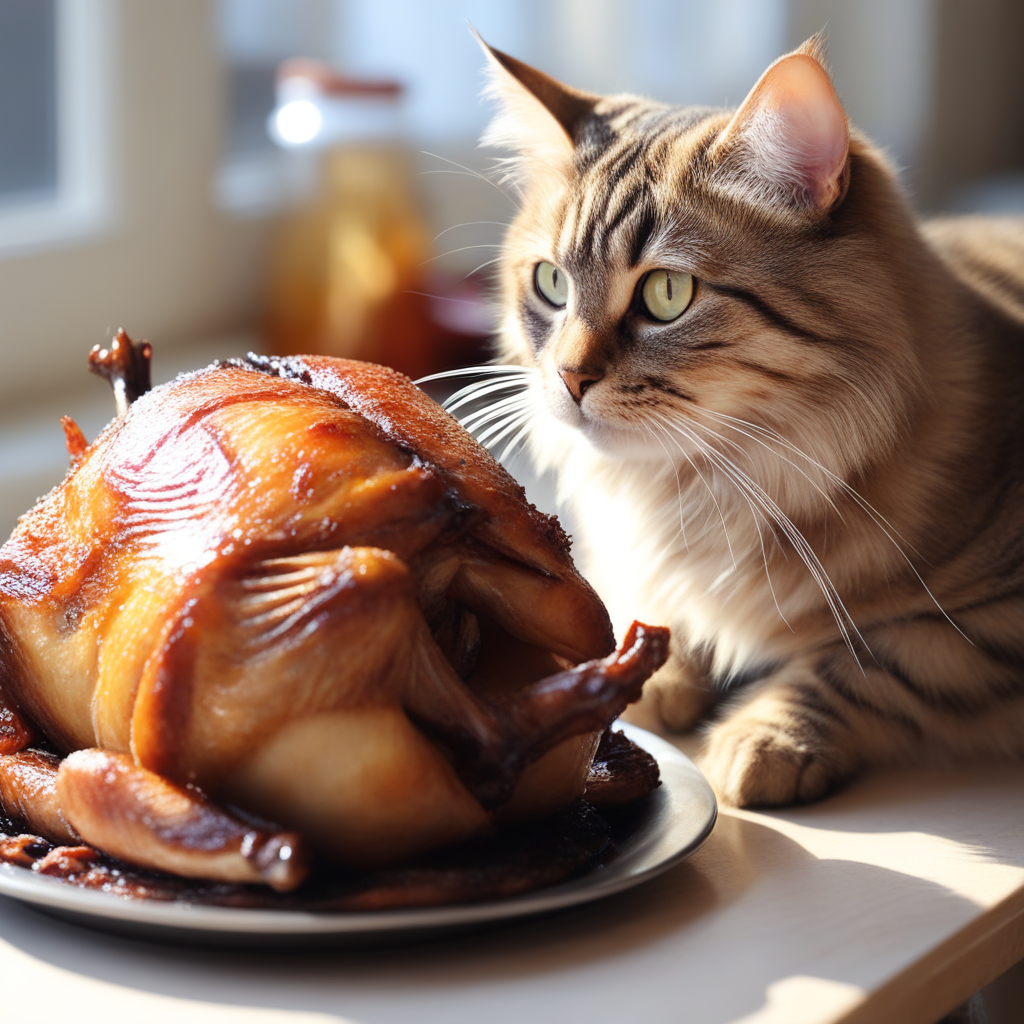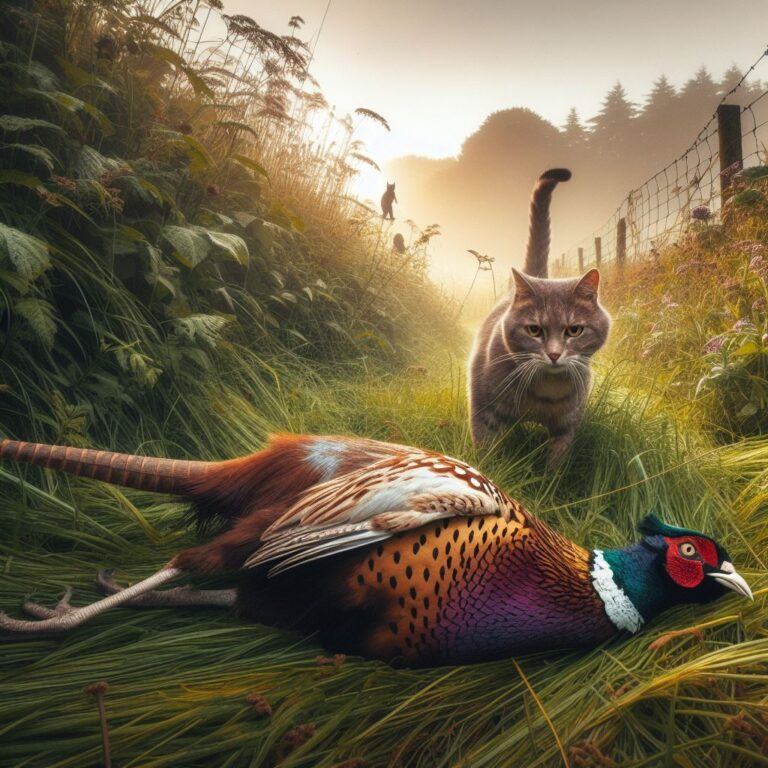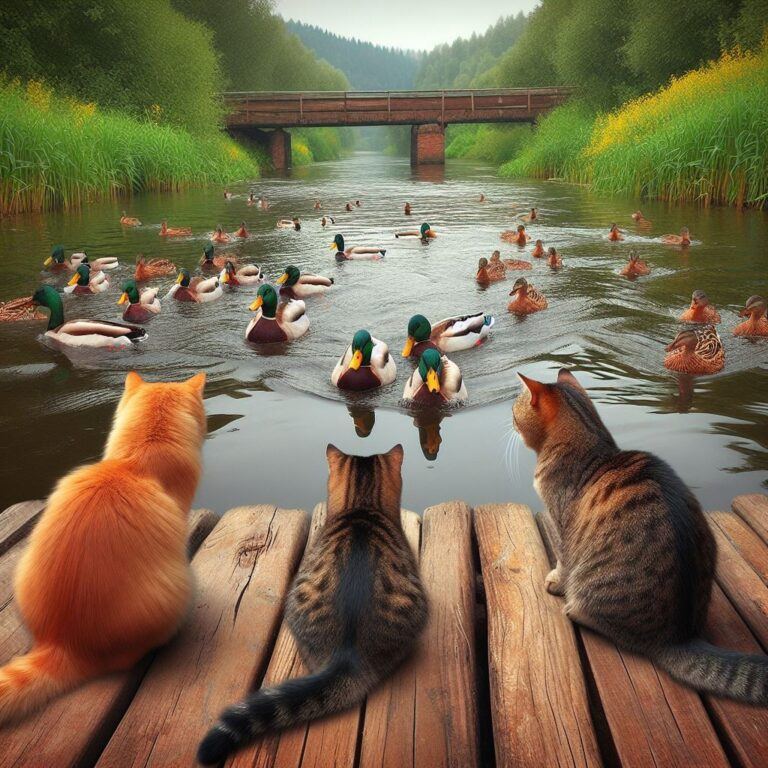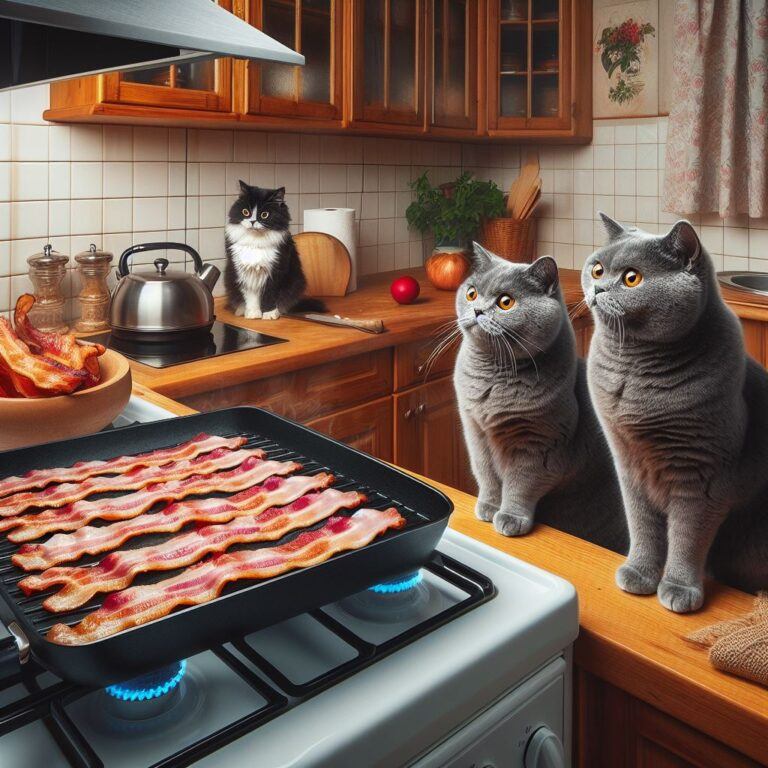Can Cats Safely Eat Turkey
If you’re wondering whether your cat can nibble on some turkey, the answer is YES, but with some precautions. Just like us, cats can enjoy a variety of foods, and turkey is one of them. However, not all turkey dishes are cat-friendly. Your furry companion’s health is my top concern, so I want to ensure you’re providing them with a safe treat.
Firstly, let’s make sure that the turkey is cooked and devoid of any seasoning. Cats don’t need the extra spices we enjoy, and in fact, certain ingredients like garlic and onion can be harmful to them. It’s essential to stick to plain turkey.
Bones are another no-go. Even small bones can cause choking or harm your cat’s digestive tract. Always remove bones from the turkey before serving it to your feline friend.
As a protein-packed food, turkey can be a good addition to your cat’s diet. But remember, moderation is key. A cat’s diet should be well-rounded, and while turkey can be a component of that, it shouldn’t be the only thing on their menu.
The Right Way to Serve Turkey to Your Feline Friend
If you’ve decided to treat your cat to a bit of turkey, remember it should be plain and thoroughly cooked. Seasonings and marinades that are palatable to us can be toxic for cats. Onion and garlic, in particular, are a big no. The key here is keeping it simple – plain turkey, minus the trimmings.
Next, think about portion sizes. Cats are smaller creatures with different digestive systems. What looks like a nibble to us can be a feast for them. Cut up the turkey into small, bite-sized pieces they can easily chew and digest. Moderation is crucial. Cats are obligate carnivores, but that doesn’t mean they should overload on protein.
When introducing turkey into your cat’s diet, start slow. A sudden change in diet can upset their stomach. Observe your cat closely after they eat turkey. Any signs of distress could indicate that you need to stop and possibly consult your vet.
Lastly, be wary of processed turkey options like deli meats. These often contain preservatives and high levels of sodium that are not suitable for feline consumption. Natural is always best when it comes to what you feed your pet.
Understanding the Nutritional Benefits and Risks of Turkey for Cats
While turkey can be a tasty treat for your cat, it’s my responsibility to help you balance that occasional indulgence with nutritional knowledge. Turkey is a lean source of protein that, in the right quantities, can complement your cat’s diet nicely. However, it’s not a complete meal in itself and lacks some of the vital nutrients found in specially formulated-cat foods.
Every cat is unique, and just as humans can have food sensitivities, so can our feline companions. It’s essential to monitor your cat for any signs of allergies or digestive upset. Watch for symptoms such as itching, swelling, or gastrointestinal changes that could indicate a sensitivity to turkey.
When considering turkey as a part of your cat’s diet, remember that a balanced diet for a cat typically includes a mix of protein, fats, vitamins, and minerals. These are precisely balanced in high-quality commercial cat food. Adding turkey should be done sparingly, without upsetting this balance.
Finally, if you notice any unusual behavior or signs of distress in your cat after eating turkey, please consult your vet. They’re your best resource to ensure that your pet’s diet supports their health and well-being. As much as I emphasize the joy of sharing with our pets, their long-term health always comes first.







